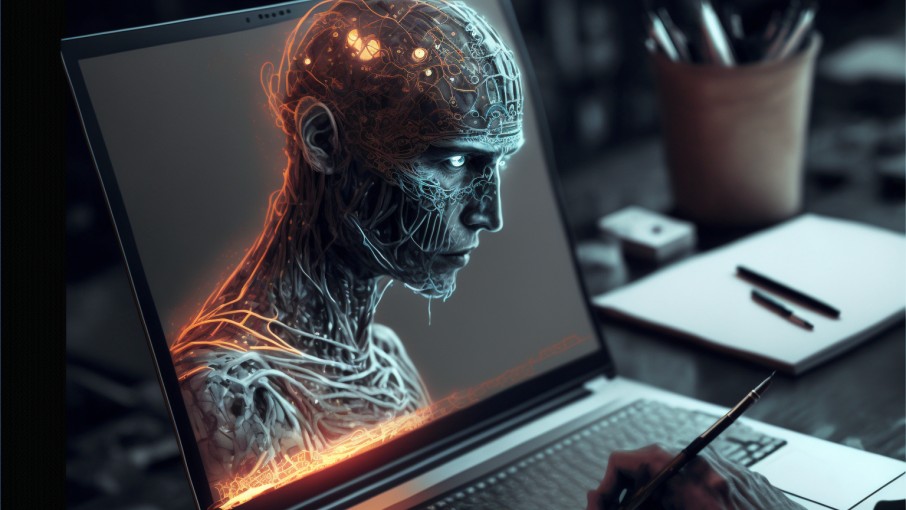Could AI Replace Real Live Dealers in Online Casinos?

In recent years, the world of online gaming has seen a meteoric rise in popularity. With players eager to choose and play at an online casino for real money, gambling operators both need to attract players and cut their costs. The last decade or so has seen live dealer gaming become a favorite with online gamblers; however, these games are expensive to run. Nevertheless, as technology continues to advance, a potential solution is emerging: could AI replace human dealers in these digital arenas?
Understanding the Role of Live Dealers
Before delving into the potential of AI, it’s essential to comprehend the current role of live dealers in online casinos. These individuals are more than just card distributors or roulette spinners; they’re the human element that adds a layer of authenticity and interaction to the online gambling experience. They chat with players, manage game flow, and often create a more engaging atmosphere. This personal touch is what many players seek when they visit sites like “online casino Australia for real money”.
AI in Online Casinos: A Growing Presence
AI’s integration into online casinos isn’t a futuristic concept — it’s already happening. From sophisticated algorithms managing fair play to chatbots assisting with customer service, AI is already a silent yet integral part of the online gambling world. Its ability to process large amounts of data quickly and efficiently makes it an invaluable tool for ensuring a seamless gaming experience. However, when it comes to fully replacing human dealers, there are several factors to consider.
Human vs. AI: The Interaction Element
The biggest hurdle in replacing live dealers with AI lies in the realm of human interaction. AI, no matter how advanced, lacks the personal touch that human dealers provide. It cannot engage in small talk, respond to players’ emotions, or create a lively atmosphere. These aspects of human interaction are what many players seek when they visit a live dealer casino. For these players, the experience is about more than just the game; it’s about the social environment.
Technological Advancements and Realism
Advancements in AI and virtual reality are inching closer to creating more realistic and interactive online casino experiences. AI dealers can now be programmed to mimic human actions and even engage in basic conversations. However, these interactions are still far from the spontaneity and warmth of human interactions. The technology is impressive, but it still has a long way to go before it can replicate the nuanced behaviors of a skilled human dealer.
The Cost Factor
From a business standpoint, the idea of using AI dealers can be appealing. AI can work around the clock without breaks, sick days, or salaries. This efficiency could significantly reduce operating costs for online casinos. However, the initial investment in developing and maintaining sophisticated AI systems can be substantial. Moreover, there’s the risk that replacing human dealers could alienate a portion of the player base who prefer the human element in their gaming experience.
Beyond the Cards and Chips
In conclusion, while AI has the potential to take on more roles within the online casino industry, including that of the dealer, it’s unlikely to completely replace the human element in the near future. The technology, while advanced, cannot yet replicate the full spectrum of human emotion and interaction that many players seek. Moreover, the social aspect of gambling, something that’s deeply ingrained in the human experience, remains outside the realm of AI’s capabilities. For now, live dealers and AI seem destined to coexist, each playing a vital role in the evolving landscape of online gambling.
